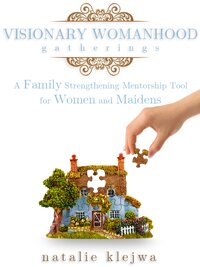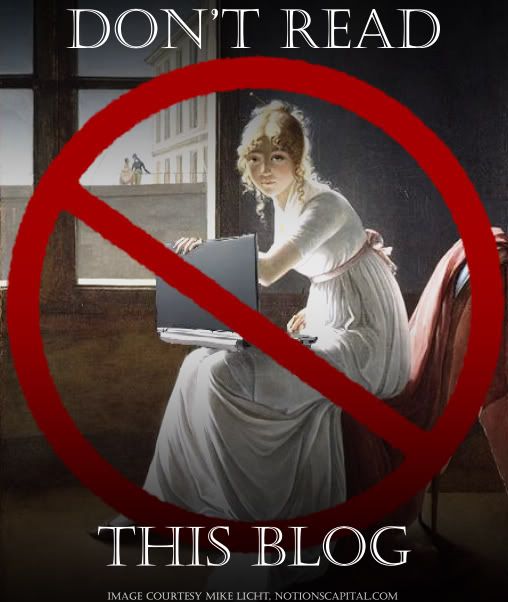By Contributing Writer, Kim Doebler
“Give that back, don’t take from your sister.”
“Stop fighting; you are not being nice.”
After child trips, “Be careful, don’t trip.”
“How could you think climbing the altar would be okay?!”
These are all examples of reactive parenting.
There will always be some reactive parenting to do, because life often brings the unexpected. The difference between reactive and proactive parenting is the proactive parenting focuses on preparing children for what is to come so they are not caught off guard by life. Instead of only correcting children when they mess up, proactive parenting gives guidance in advance.
Proactive parenting requires forethought. By looking ahead to what a child will be facing, a parent can talk through upcoming situations with a child so that child can move ahead confidently.
When I was growing up, random corrections were often given around the supper table. “Don’t hold your spoon like a shovel.” “Don’t reach across the table.” “Sit down.” Unfortunately, very little direction was given for what to do. So I would sit in my chair, wishing for the butter on the other side of the table with no idea of how to get it.
Parents have this tendency to tell children what not to do, but don’t often give them what to do. Proactive parenting purposes to guide children. The above reactive corrections could become proactive if they included how the child should respond.
“Don’t take; ask if you may have it when they are done.”
“Those words do not sound kind. Say ‘Please don’t’, and wait for an answer.”
After a child trips, many moms say, “Careful, don’t trip.” Sounds silly, but it’s what we do. Guidance could be given to help them avoid tripping again. Perhaps, “Roll up your pants, they are too long, then you won’t trip so easily.”
Instead of drilling a child when they have done something unthinkable, like climbing the altar, wait until the emotions are under control and discuss again what things are not to be touched. Our guideline is: if it is not your possession or a toy, then you shouldn’t touch it without permission.
Proactive parenting can appear to have a lot of rules. I like to think of them as guidelines. Children feel secure knowing what is expected and how to handle difficult situations in advance.
Our family’s number one tool in being proactive in preparing our children for what’s to come is to role play in a non-conflict situation how to handle any given circumstance. Sometimes this is foreseeing what is to come, and sometimes this is replaying an incident that didn’t go smoothly in the past.
Up until their teen years, most of the role playing was literally pretending we were in the situation acting out what we would do and say. As they matured we have graduated to more talking and less acting through how to handle circumstances.
A proactive example of role playing could be prepping your child before you go to visit friends. You may role play how to greet adults, what happens if you run in someone’s house, how to handle conflict with peers, and proper table manners.
If, after visiting friends where the child did not greet the adults, you could do some reactive role playing by practicing the desired behavior when you get home. Then, turn this reactive situation into a proactive one by role playing other types of experiences where the child will be around adults. Role play greeting neighbors, people at church, check out clerks at the grocery store, and relatives.
Proactive parenting is the fulfillment of Proverbs 1:8:
Listen, my son, to your father’s instruction and do not forsake your mother’s teaching.
In order for our children to “listen” and to “do” we must be giving “instruction” and “teaching. In order to instruct and to teach our children we need to be actively seeking wisdom to pass on to them. We must also be observing our children’s lives to be aware of their needs and their weaknesses.
Proverbs 1:9 goes on to say what the parent’s instruction and teaching will be to their child.
They will be garland to grace your head and a chain to adorn your neck.
Our rules or teaching is an adornment for our children, not a burden. It is a help that makes them beautiful inside and out. They have peace knowing how to handle what is coming as well as being confident of what is expected.
Yes, reactive parenting will always be a part of being a mother, but being proactive can really minimize the emotion filled “what were you thinking” moments of parenting.
As Proverbs is a book written “for attaining wisdom and discipline; for understanding words of insight;” so we as parents are who God uses “for giving prudence to the simple, knowledge and discretion to the young-“ (Proverbs 1: 2, 4)










Great post, and so timely!! While it’s something we really try to be cognizant of, we’ve slowly slipped down into quite a bit of reactive parenting lately, and last night things sort of reached a fever pitch of ineffectiveness (ineffectuality?), and frustration on all sides. I felt it and talked about it with my hubby last night, but this is the perfect “you-can-do-it!” I needed this morning.
Just wanted to say that for any moms who feel like they need a little more practical help (as I desperately did when we began this, not having been raised in a Christian home, and not much foundation and knowledge of Scripture), that Ginger Plowman’s resource “Wise Words for Moms” is such a HUGE help for me when I am seeing an ugly behavior but don’t know where to begin with it; it helps me know how to help the kids to see the heart attitude behind it. She also provides scripture references for rebuking it, and scripture references for encouraging them to “put on” an attitude of Christ.
So glad God gave you what you needed to be spurred on this morning!
I was not familiar with WISE WORDS FOR MOMS, but after a google search it looks like a wonderful resource! Thank you for the tip!
LOVING THE LITTLE YEARS is also an exceptional book written by Rachel Jankovic when she had five children five years old and younger. She gives lots of pictures to motivate her children to obey: fighting is like chickens picking feathers off of one another and leaving wounds; emotions are like a strong horse that must be reined in so it does not leave the path.
I use the picture of the strong horse with my spirited child. I will say “Hold your horse!” when we are in public and she is getting overly excited. She listens and obeys accordingly. It was a great picture because my DD9 loves horses and is soooooo creative, so holding her horse was all part of her imaginative world. I also use “puppy dog” with her as our code words. She is very social but sometimes she overwhelms people with her excitement. So I explained to her: “Do you know when you meet a new puppy? And he gets so excited to see you and then begin jumping and chasing you all around? Well, some children love that. But some children actually get scared right? Remember when Jessa was a baby?? Well, it’s the same with people in general. Sometimes you can overwhelm people by talking too much, or getting too close to them. So you need to be attentive and slow down. Give them some space.” She got the message!!
I also use “puppy dog” with her as our code words. She is very social but sometimes she overwhelms people with her excitement. So I explained to her: “Do you know when you meet a new puppy? And he gets so excited to see you and then begin jumping and chasing you all around? Well, some children love that. But some children actually get scared right? Remember when Jessa was a baby?? Well, it’s the same with people in general. Sometimes you can overwhelm people by talking too much, or getting too close to them. So you need to be attentive and slow down. Give them some space.” She got the message!!
Loving the Little Years is a great book. it really helped me with having 4 children under 9 y.o.
The puppy dog picture is great. Thanks for sharing that.
Kim, When I read this earlier this week I was thankful the Lord allowed it *early* in the morning…it really helped me re-evaluate on how I dole out the corrections to my children. I slip into reactionary parenting so easily!
Thank you for taking the time to come back and comment after experiencing change. It can be so easy to be inspired, but not as easy to make change, well done Bambi!